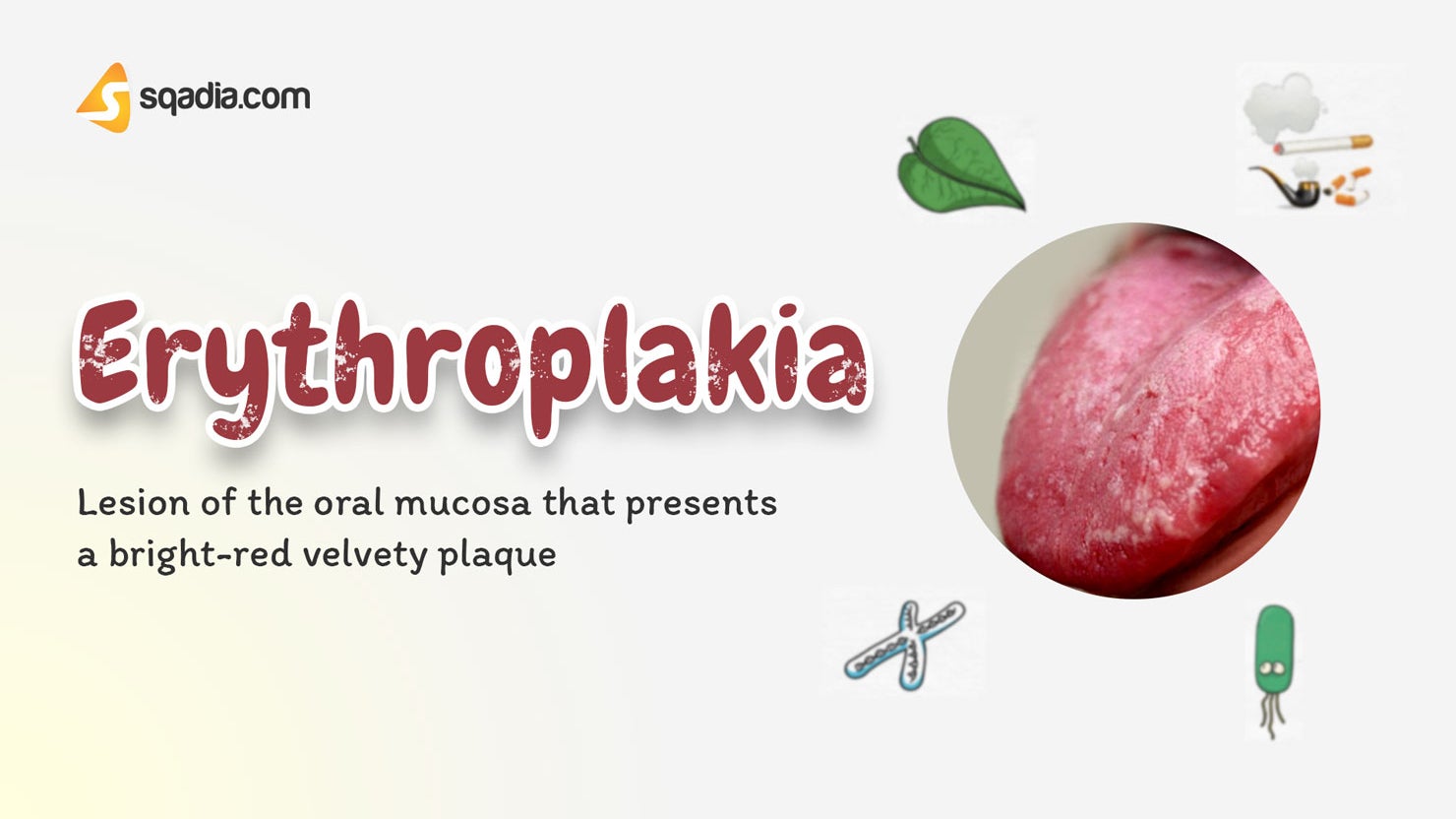Angular Cheilitis Uk
Angular cheilitis, a condition characterized by the appearance of red, swollen patches on the corners of the mouth, is a common issue faced by many individuals in the UK. It is crucial to understand the causes, symptoms, and treatments available to manage this condition effectively. The goal of this article is to provide a comprehensive overview of angular cheilitis, including its definition, causes, symptoms, diagnosis, treatment options, and prevention strategies, specifically tailored for individuals in the UK.
Definition and Causes
Angular cheilitis is an inflammatory condition that affects the corners of the mouth, where the upper and lower lips meet. This condition can be caused by a variety of factors, including fungal infections (such as candidiasis), bacterial infections, vitamin deficiencies (notably vitamin B12, iron, and folate deficiencies), and mechanical factors like drooling or wearing dentures that do not fit properly. In some cases, angular cheilitis can also be a symptom of an underlying condition, such as diabetes, oral cancer, or an immunocompromised state.
Symptoms
The primary symptoms of angular cheilitis include redness, swelling, and cracking at the corners of the mouth. These symptoms can range from mild to severe and may be accompanied by discomfort, pain, or bleeding. In more severe cases, individuals may experience difficulty eating, speaking, or maintaining oral hygiene due to the discomfort and sensitivity in the affected area.
Diagnosis
Diagnosing angular cheilitis typically involves a physical examination by a healthcare provider, such as a general practitioner (GP) or a dentist, who assesses the appearance of the affected area. Depending on the suspected cause, additional tests may be conducted, such as swabbing the area to check for fungal or bacterial infections or ordering blood tests to check for vitamin deficiencies.
Treatment Options
The treatment of angular cheilitis depends on the underlying cause. For infections, antifungal or antibacterial creams or ointments may be prescribed. Vitamin deficiencies require supplementation with the deficient vitamin. In the case of mechanical factors, adjusting dentures or improving oral hygiene practices can resolve the issue. For individuals in the UK, these treatments can be accessed through the National Health Service (NHS) or private healthcare providers.
Topical Treatments
Topical antifungal or antibacterial creams are often the first line of treatment for angular cheilitis caused by infections. It is essential to follow the prescription instructions carefully and complete the full course of treatment as advised by the healthcare provider.
Vitamin Supplementation
For angular cheilitis resulting from vitamin deficiencies, taking vitamin supplements as prescribed can help alleviate symptoms. It is crucial to maintain a balanced diet and ensure adequate intake of essential nutrients to prevent recurrence.
Mechanical Adjustments
In cases where mechanical factors are the cause, such as ill-fitting dentures, consulting a dentist for adjustments can provide relief. Proper oral hygiene and avoiding actions that exacerbate the condition, such as licking the corners of the mouth, are also recommended.
Prevention Strategies
Preventing angular cheilitis involves a combination of good oral hygiene practices, a balanced diet rich in essential vitamins and minerals, and regular dental check-ups to identify and address any mechanical issues early. For individuals with dentures, regular dental visits to ensure a proper fit and good denture hygiene can also help prevent the condition.
Living with Angular Cheilitis in the UK
For individuals living with angular cheilitis in the UK, accessing treatment and support is relatively straightforward. The NHS provides comprehensive healthcare services, including dental care, which can be accessed by registering with a local GP or dentist. Private healthcare options are also available for those who prefer or require more immediate or specialized care.
Conclusion
Angular cheilitis, while a common and treatable condition, requires a comprehensive approach to manage effectively. By understanding the causes, recognizing the symptoms, and seeking appropriate treatment, individuals in the UK can alleviate the discomfort and aesthetic concerns associated with angular cheilitis. Preventative measures, including good oral hygiene and a balanced diet, play a crucial role in reducing the risk of developing this condition.
What are the primary causes of angular cheilitis?
+The primary causes of angular cheilitis include fungal infections, bacterial infections, vitamin deficiencies (such as deficiencies in vitamin B12, iron, and folate), and mechanical factors like drooling or wearing ill-fitting dentures.
How is angular cheilitis diagnosed?
+Diagnosis of angular cheilitis typically involves a physical examination by a healthcare provider, such as a GP or a dentist. Additional tests, such as swabbing the affected area for infections or blood tests for vitamin deficiencies, may also be conducted.
What treatments are available for angular cheilitis in the UK?
+Treatments for angular cheilitis in the UK include topical antifungal or antibacterial creams, vitamin supplementation for deficiencies, and mechanical adjustments for issues related to dentures. These treatments can be accessed through the NHS or private healthcare providers.
How can angular cheilitis be prevented?
+Prevention of angular cheilitis involves maintaining good oral hygiene, ensuring a balanced diet rich in essential vitamins and minerals, and having regular dental check-ups to address any mechanical issues early. Proper care and maintenance of dentures are also crucial.


